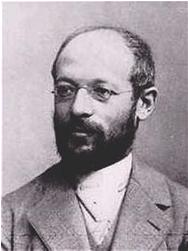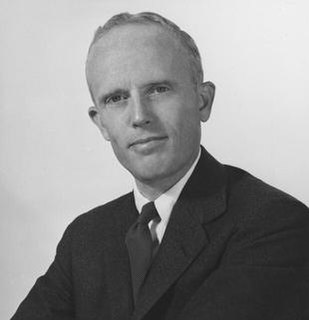A Quote by Emile Durkheim
The liberal professions, and in a wider sense the well-to-do classes, are certainly those with the liveliest taste for knowledge and the most active intellectual life.
Related Quotes
Ardent desire for knowledge, in fact, is the one motive attracting and supporting investigators in their efforts; and just this knowledge, really grasped and yet always flying before them, becomes at once their sole torment and their sole happiness. Those who do not know the torment of the unknown cannot have the joy of discovery which is certainly the liveliest that the mind of man can ever feel.
It indicates a person who has not only good manners but who possesses a sense of balance, a sure mastery of himself, a moral discipline that permits him to subordinate voluntarily his own selfish interest to the wider interests of the society in which he lives. The gentleman, therefore is a cultural person in the noblest sense of the word, if by culture we mean not simply wealth of intellectual knowledge but also the ability to fulfil one's duty and understand one's fellow man by respecting / every principle, every opinion, every faith that is sincerely professed.
By day, or on a cloudless night, a pilot may drink the wine of the gods, but it has an earthly taste; he's a god of the earth, like one of the Grecian deities who lives on worldly mountains and descended for intercourse with men. But at night, over a stratus layer, all sense of the planet may disappear. You know that down below, beneath that heavenly blanket is the earth, factual and hard. But it's an intellectual knowledge; it's a knowledge tucked away in the mind; not a feeling that penetrates the body.
It is true that zeal is the soul of the virtues, but most certainly, Monsieur, it must be according to knowledge, as Saint Paul says; that means: according to knowledge of experience. And because young people ordinarily do not possess this experiential knowledge, their zeal goes to excess, especially in those who have a natural asperity.
Faith is indeed intellectual; it involves an apprehension of certain things as facts; and vain is the modern effort to divorce faith from knowledge. But although faith is intellectual, it is not only intellectual. You cannot have faith without having knowledge; but you will not have faith if you have only knowledge.






































